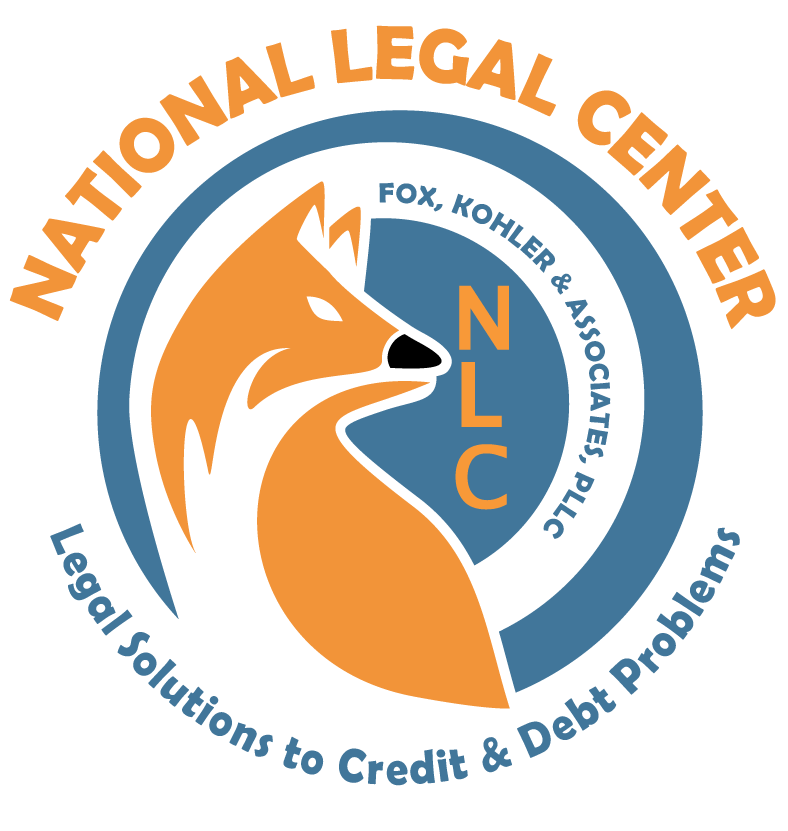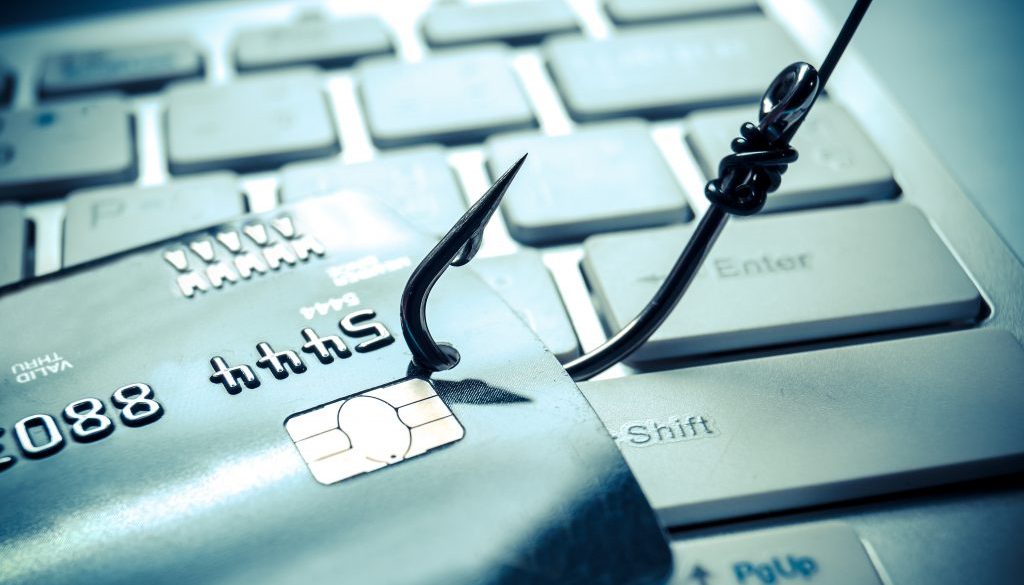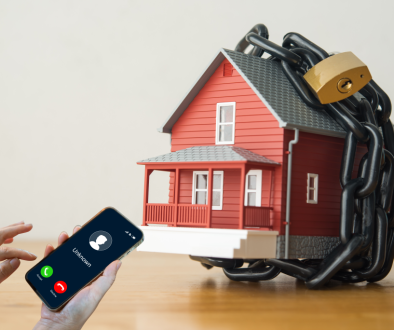Despite how diligent consumers may be or think they are, identity theft is on the rise. According to the Federal Trade Commission (FTC), identity theft was the third-most reported complaint of 2018. In the first quarter of 2020 alone, more than 274,000 reports of identity theft have been filed with the FTC. Identity theft, or identity fraud as it’s referred to by law enforcement, is “a crime against an individual whereby personal and/or financial information is obtained illegally by deception or fraud for financial gain”… anyone can be a victim.
How It May Happen:
You can’t blame new parents for wanting to share every detail about their newborn nor can you begrudge a proud parent for bragging about their child’s accomplishments but more often than not, this may cause more damage than good. Because children have such clean credit histories, this makes them the most vulnerable to thieves who will create new charges in their name; open accounts on their behalf; and much more. A new baby also brings a myriad of forms to complete and a sleepless parent may unknowingly expose personal information without thinking. The same can be said when buying or selling a home. Open houses give outsiders virtually unlimited access to invade one’s privacy, while the purchase of a new house often leads to lots of online shopping for furnishings, for example, exposing private data once more. Moving also necessitates giving out personal information over and over again when updating your records with businesses such as credit card companies; utility providers; and the like. Going through a separation or divorce can be especially difficult if your partner was the tech-savvy one; and even later on, when embarking on a new relationship and navigating the worldwide web, the most vulnerable and trusting of us tend to overshare. Social media has made the world not only much smaller, but more naïve and gullible than we used to be. We’re generating conversations and responding to questions over the internet without a second thought that in the not-too-distant past, we wouldn’t have dreamt of acknowledging in real life. While millennials have probably embraced social media more than any other group, anyone using Facebook, Instagram, Twitter and similar platforms can open themselves up to close scrutiny by would-be identity thieves. Criminals count on people sharing too much information, such as phone numbers or birthdays, on these kinds of websites.
Not all identity theft, however, can be attributed solely to the consumer. According to computer security company Norton, there were 3,800 publicly-disclosed breaches in the first six months of last year, where upwards of four billion personal records were exposed – that’s an increase of over 54% in the same timeframe of the previous year. They affected a variety of business sectors including financial data breaches; entertainment breaches; healthcare; education; and the government to name a few. The information collected encompassed not only the basics such as names, addresses and birthdays, but also income, credit card numbers and credit scores; emails, website user names and passwords; drivers licence numbers, bank accounts and Social Security cards and much much more. In addition to data breaches, personal information may be lost through computer viruses. This malignant type of programming spreads much like a biological virus would, normally affixing itself to things like email attachments; file downloads; and links on social media in turn corrupting files, sending spam to all of your email contacts and stealing your individual data. Computer viruses and data breaches can also affect transactions at automated teller machines or ATMs. It used to be that “skimmers” would be installed at these machines to read personal information from your debit card, but these days, further threats are becoming more and more sophisticated. “Shimmers” are an upgrade to the skimmer in that they have adapted to newer chip technology and are smaller and harder to spot. Also because these devices can transmit wirelessly, thieves need not return to retrieve them. Together, they are the leading cause of fraud at instant tellers, accounting for roughly 80% of crimes related to bank machines. Though less common, other methods favored by thieves include cash- and card-trapping gadgets. The former prevents cash from being dispensed by an ATM altogether and the latter prohibits return of the debit card to the customer. Both require the criminal to return to the scene of the crime and while cash traps are hardly profitable, obtaining a consumer’s debit card can lead to the more pernicious crimes of fraudulent charges or counterfeiting the card.
After Effects:
When someone becomes a victim of identity theft or identity fraud, the negative impact that follows may last for several months, maybe even years. Any criminal activity employing an individual’s information may not even be immediate as some thieves bide their time and wait until years later when you’ve let your guard down. A thief who has access to one’s personal data including name, phone number and address; credit card or bank account numbers; email address and website passwords; medical insurance identification number; driver’s licence; and even utility bills can wreak havoc in any number of ways. In addition to draining all of the funds from a victim’s bank account, a criminal may open other accounts or take out loans in your name; access retirement savings; appropriate investments; or apply for a variety of credit cards. With a Social Security card or number on hand, he or she could potentially obtain employment; steal an income tax refund; or manipulate what’s reported to the IRS. They may obtain medical care using your health insurance; commit more heinous crimes using your identity; or sell your information on the dark web.
While financial consequences of identity theft certainly pose a seemingly insurmountable burden, it may also cause a heavy physical, mental, emotional and even social toll. Anger is understandably at the forefront but this may eventally give way to stress, anxiety and depression, all of which can disrupt eating and sleeping. The anonymous nature of identity theft may also leave a victim with an overwhelming sense of helplessness. Any one or combination of these emotions can manifest into new physical symptoms like stomach or heart issues; sweating; headaches; or body aches and pains, not to mention a fear for personal safety and inability to focus. Someone who has gained access illegitimately to your emails and social media accounts and assumes your identity online could effectively ruin your reputation; put your current employment or potential job offers in jeopardy; damage personal and professional relationships; and so on.
Warning Signs:
Unfortunately it could take several months to discover that you may have been a victim of identity theft. Recognizing the signs and taking prompt action is key to minimizing any damage. While some clues are subtle and almost imperceptible, others are significant and far more serious. Here are some indications to watch for:
- You’re accustomed to getting a paper statement or invoice in the mail from your service providers or credit card companies and you are no longer receiving them;
- If you have applied for a loan or credit and the response is unreasonably delayed or you are unexpectedly denied;
- If you’ve received a bill for purchases you have not made;
- You notice small test charges or fraudulent charges beginning to appear on a credit card or bank statement;
- A tax return you or a tax preparer has filed on your behalf is rejected or an expected refund goes missing;
- When checks you have remitted as payment to vendors start to bounce;
- If your cell phone or a utility service is disconnected without notice;
- A medical claim through your health insurance is denied or you receive an invoice or statement that contains inaccuracies;
- You receive phone calls from debt collection agencies for accounts that you never opened or on accounts that were normally kept current;
- A notification regarding a data breach arrives in the mail or via email;
- And most shockingly, there is a warrant out for your arrest.
Prevention:
No method of protection is guaranteed to wholly thwart identity theft, but there are a number of effective practices you can implement to dissuade a criminal from hijacking your personal data.
While many find protecting everything with a password inconvenient, the benefits far outweigh the consequences. Identity thieves know and count on people not taking such measures seriously because of the hassle involved, but creating strong passwords that include any combination of numbers, symbols and both upper and lowercase letters requires minimal effort; and though they may be the easiest to recall, try not to incorporate the names of your children or pets; anniversary dates; or birthdays. Change them frequently and do not use the same password across the board.
As tempting as they may be, it’s never wise to click on unfamiliar websites, photos or videos that are attached via links that arrive through emails, even if they may be from people you know. This can open you up to damaging computer viruses or hackers eager to obtain personal information or simply looking to stir up trouble. Also, do not log in with your username and password on any website that seems remotely suspicious. Designing a site or sending an email disguised to appear as your financial institution or credit card company is a trick favored by identity thieves. They may also follow-up with a request over the phone asking for personal data such as a Social Security number or account details to “verify that they’re speaking to the right person.” No organization, including the Internal Revenue Service or other government branch, nor bank or credit card provider, who is truly legitimate will call out of the blue to make such a request.
Review meticulously all of your bank account statements on a regular basis for any possible fraudulent activity and notify your branch as soon as possible should anything look out of the ordinary. If you suspect an account has been compromised, close it immediately and open a new one. Don’t be afraid to consider a different financial institution entirely, if you’re uncomfortable at all with remaining at your current bank. Additionally, while it may pose a slight inconvenience, do your banking through an actual, real-life teller in a brick-and-mortar structure to limit exposing private information, and if you have an account for which you need to order checks, make sure to pick them up personally to avoid the risk of them being stolen out of your home mailbox and then being used. It’s also a good idea to refrain from using automated teller machines that are associated with a bank other than your own. Equally problematic are those questionable cash dispensers that belong to private vendors who are merely seeking to take advantage and are not affiliated with any real bank whatsoever. It should go without saying to steer clear especially of ATMs that are located in remote or dark areas. Automated teller machines that are isolated and not well lit are much more likely to be subjected to tampering by a criminal element. Not only does personal safety become an issue, but the fees are wildly prohibitive at every one of these types of unfamiliar machines and it becomes much harder to combat any discrepancies should the need arise at a later date.
Carefully research and invest in virus protection software for your desktop computer; laptop; and cellular phone. Common dangers like malware and scams often work in tandem to accomplish the designer’s goals. At a minimum, an antivirus should defend against these, but a truly, superior antivirus will also be proactive, constantly scanning and defending against risks to cybersecurity accurately and effectively, working quietly in the background without compromising efficiency of your device. Ensure that whichever precautions you may install are also easy to use; update automatically; and offer good customer support. The best protection for you and your family doesn’t necessarily have to be the one that comes with all the bells and whistles or is the most expensive. Read reviews beforehand and ask around and you’ll be that much more secure before you know it.




